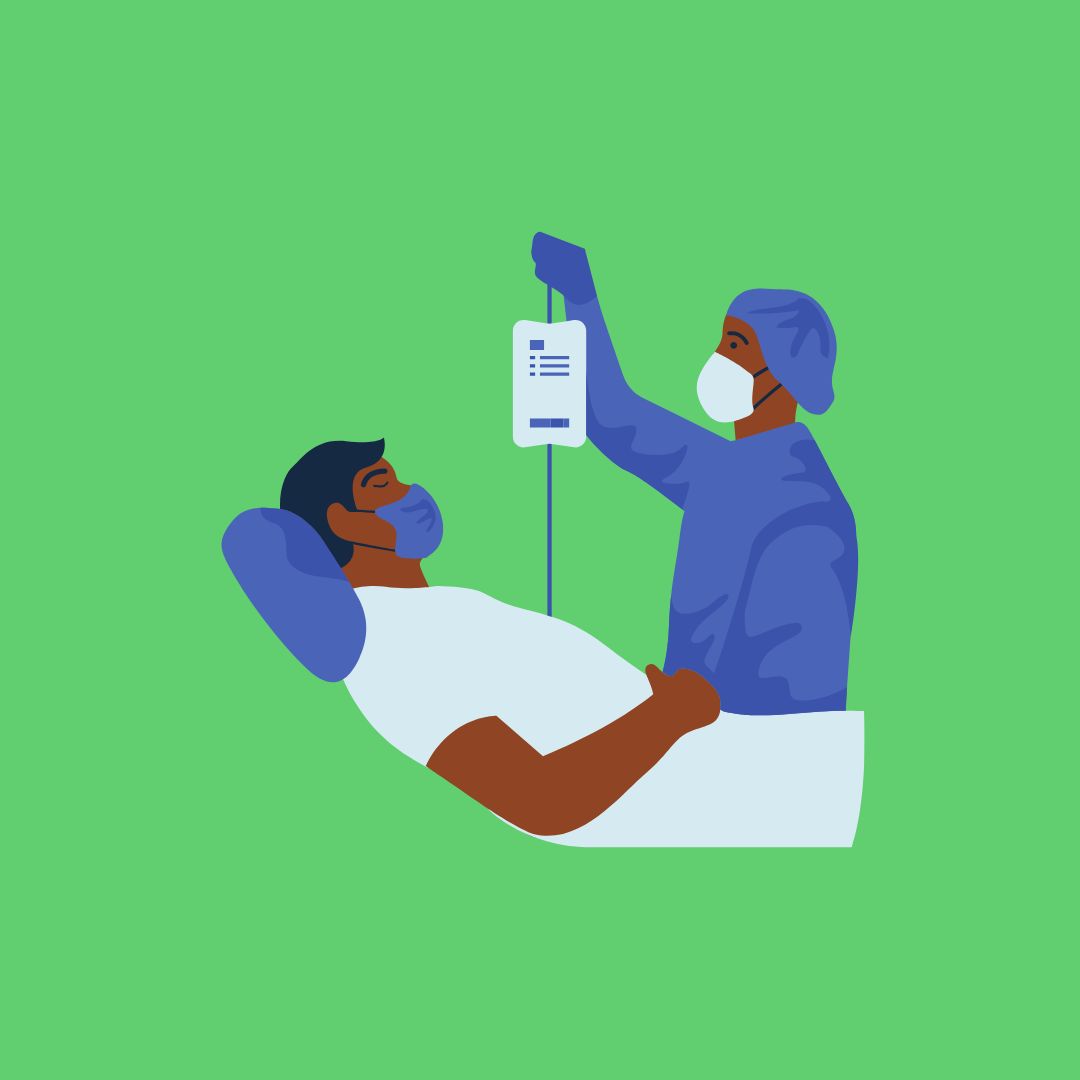
Damages following vaginal tear during labour
Medical treatment During the process of giving birth to her twin daughters, Mrs M sustained a 4th degree tear which caused bowel problems, pain on
News

Between 2021/2022 there were over 15,000 clinical negligence claims brought against the NHS. A clinical negligence claim is the process in which a patient or someone on their behalf seeks compensation from the hospital or practitioner due to the negligence they faced.
A claim will look to gain compensation for the pain and suffering felt and how the injuries may have affected your way of life. For many, this will seem like a daunting and unwinnable process which will cause even more stress during some of the most traumatic times in your life.
However, you do not have to go through the process alone and through a claim, you will be able to seek compensation, closure and answers as to why this happened to you.
Claims are not limited to physical suffering. Clinical negligence claims can be raised to cover any psychological or financial damage you may have suffered. Here we have laid out all of the major elements of a clinical negligence claim as well as the help and support that will be available to you and your family.

Clinical negligence, sometimes more commonly known as medical negligence, refers to harm or injury caused by a medical practitioner. More specifically due to their mistreatment, lack of care or outright neglect. Clinical negligence can cause both physical and mental harm.
There are different types of medical negligence cases. The most common types of clinical negligence include the following:

For a claim to be successful the patient or claimant on their behalf, must be able to prove the following:
Harm that is caused from a medical procedure is not always the result of negligence. That is why for a claim to be successful you have to prove that duty of care was breached and led to the harm caused.

Before making a claim, many are concerned and often confused about the claims process. A clinical negligence claim can often be a very lengthy process but can be broken down into four easy to understand steps.
In order to make the process as stress free as possible for you and your family. Your solicitor will walk you through the process, explain each part clearly and support you throughout.
Below is an overview of each of the steps:
The first step when making a clinical negligence claim is to contact a solicitor. They can help evaluate the claim, point you in the direction of external support and walk you through the whole process.
It is only natural to have lots of questions when making a claim. By contacting a solicitor you will be able to have your questions answered by experts who can explain everything clearly.
This will often help reduce your stress and make the task of bringing a claim forward less daunting and more achievable.
By launching a complaint against the hospital or healthcare provider you may be able to begin to understand what went wrong during your care. As well as who, if anyone, is responsible for the outcome.
You do not have to wait until the claim process starts in order to make a complaint. This can be done much sooner and will provide the benefit of giving you a greater understanding of what happened which can be relayed to your solicitor.
Your solicitor will help gain evidence for your medical negligence claim by gaining access to your medical records with your permission. The medical records will then be passed over to a medical expert who will be instructed to gather evidence to support your claim.
Evidence will be gathered from all of your medical records. This will include any x-rays taken, doctors notes and record of any procedure. All findings will then be compiled into a report which will then be presented to the court.
in order to take your clinical negligence claim to court, your solicitor will need to instruct a barrister to prepare the court papers. Your solicitor will also prepare all of the expert medical evidence required and anything else needed to present to the court.
Court proceedings can go on for a long time. For this reason, many clinical negligence claims conclude before the trial date as neither side wishes to go through the entire process.

With a general overview of how a claim might progress, we will now discuss how the investigation part of the process works.
Your solicitor will start by gaining your medical records from your GP, hospital and the place where you have received treatment. They will also draft a witness statement containing details from your own account of how events took place.
During this time, your solicitor will source an independent expert to find the evidence of medical negligence. Once evidence has been found, a letter of claim will be sent out to the party considered liable for the negligence.
A letter of claim will contain all the relevant information for the case including an explanation of how the negligence took place ad the damages that were directly caused by the negligence.
A defendant has a deadline of four months to reply to the letter of Claim. They will respond in one of the following ways: admit liability in full, they may respond with a partial agreement or they may deny the claim in its entirety.
Settlement can only begin if breach of duty and causation are admitted as they are set out in the letter of claim. This will be supported by the medical evidence found as well as the evidence that supports the financial losses you may have suffered.
If the case can not be settled via an agreement, then the case will need to be taken to court. Claims that are taken to court can result in a lot of additional cost and prolong the process even further. This is why your solicitor will explore every possible avenue to reach a settlement before court proceedings begin to take place.

The UK has a statutory time limit of three years to make a claim from the date the incident of clinical negligence took place.
This however, is not always the case and there are some exceptions to this timeframe you should be aware of.
If the case involves a child (legally anyone under the age of 18) then the three year timeframe does not come into effect until the day of their 18th birthday. This means that you will have until their 21st birthday to begin court proceedings.
A very common exception to the three year rule is when the damage or injury caused by the negligent behaviour manifests at a later date. When it comes to these types of cases, the three year limit does not come into affect until the date of knowledge – the date from when knowledge or belief that the injuries were caused by previous negligent treatment.
The final exception to the three year rule is with those who have suffered from a brain injury that impacts their mental capacity. If the claimant does not have enough mental capacity to pursue the claim themselves then there is no time limit on making a claim.
To summarise, below are the different time limits for making a clinical negligence claim and the different exceptions:

There are a few different ways in which a clinical negligence claim will be funded. One of the biggest reasons why users might not bring a claim forward is because they feel they do not have the funds.
If that is the case, there are options available to you.
This will often be referred to as a ‘No win No fee’ agreement. The way this agreement works is should your case be unsuccessful then you will not be liable for any of the costs involved in the legal procedure. If your case is successful then a success fee will be applied, this fee will be a pre-agreed percentage of the settlement you receive.
Legal aid may be available for medical negligence claims involving children who have suffered from neurological injuries. These injuries may be suffered during the stages of pregnancy, birth or the eight weeks following the birth.

The short answer is no, a medical negligence claim does not have to go to court. However, it may be necessary to take the claim to court if a settlement cannot be agreed or if the defendant has denied all liability.
Your solicitor will do everything they can to help reach a settlement beforehand, as they will not want to put you under the increased stress and pressure of having your case go through the court proceedings. But in some cases it may be required to get you the compensation required.
Call a member of our clinical negligence team about your claim
Contact a member of our clinical negligence team online


Medical treatment During the process of giving birth to her twin daughters, Mrs M sustained a 4th degree tear which caused bowel problems, pain on


What happened? Elan’s mother had a normal pregnancy but problems developed in labour. There was a failure by the medical staff looking after Elan’s mother
CL Medilaw © 2024